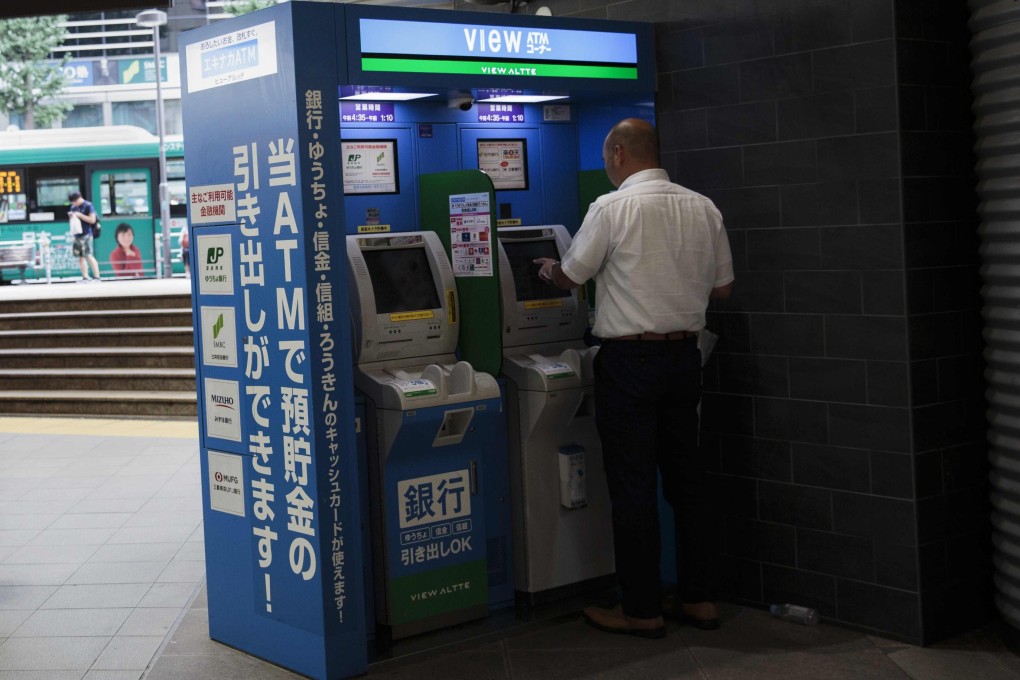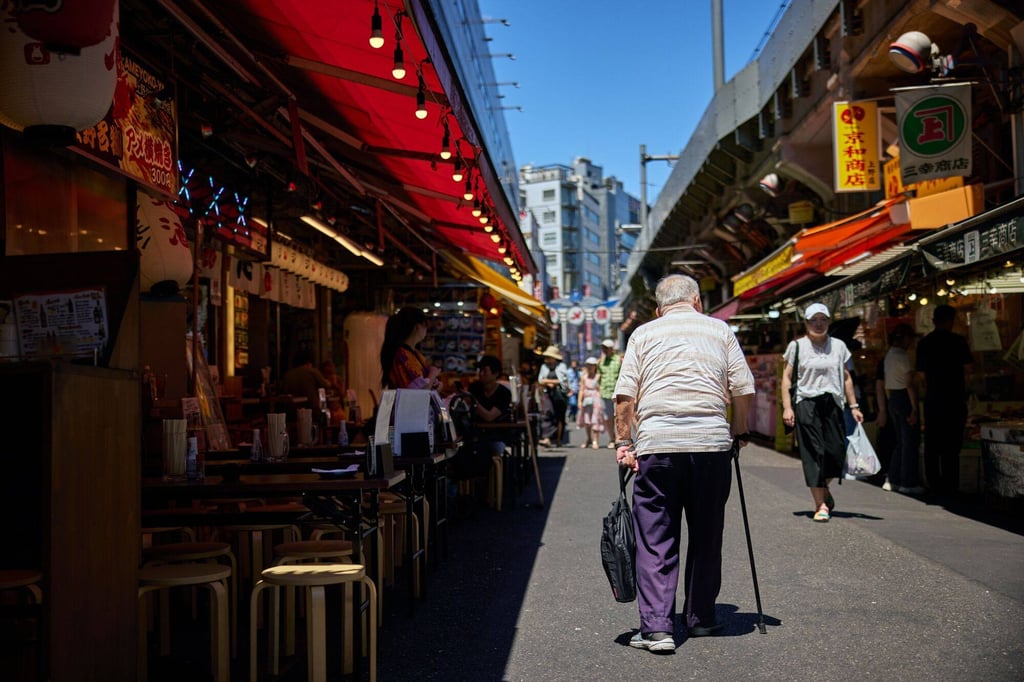Japan plans to combat scams by taking elderly people’s bank cards away: ‘people are going to panic’
- Japan’s National Police Agency has proposed suspending the bank card of anyone over the age of 65 who hasn’t used their card in more than a year
- Some worry that the proposal would make older people’s lives more difficult, but there’s also a growing recognition of the need to stop scammers

While the scope of the proposal is relatively limited, some older Japanese have raised concerns that it may prevent them from accessing their bank accounts, and fear additional restrictions could be imposed if it does not prove effective in halting the scams.

Yet it’s clear that there’s an urgent need for safeguards. In the first six months of this year alone, scammers in Japan tricked people out of around 15 billion yen (US$106 million), according to police statistics.
Phone fraud is not a new phenomenon, having existed for several decades in Japan despite a series of campaigns to educate people about the risks.
One of the most common swindles involves scammers who pretend to be bank representatives and call targets warning them that their account is overdrawn and that they must complete a transfer immediately to avoid a large bank charge.
Another is the ore, ore scam, meaning “hey, hey” in Japanese, which involves the caller professing to be a relative or friend of the target and asking for help. Often, the scammer will claim that he or she has been in a minor traffic accident and needs money to pay the other driver to avoid involving the police.